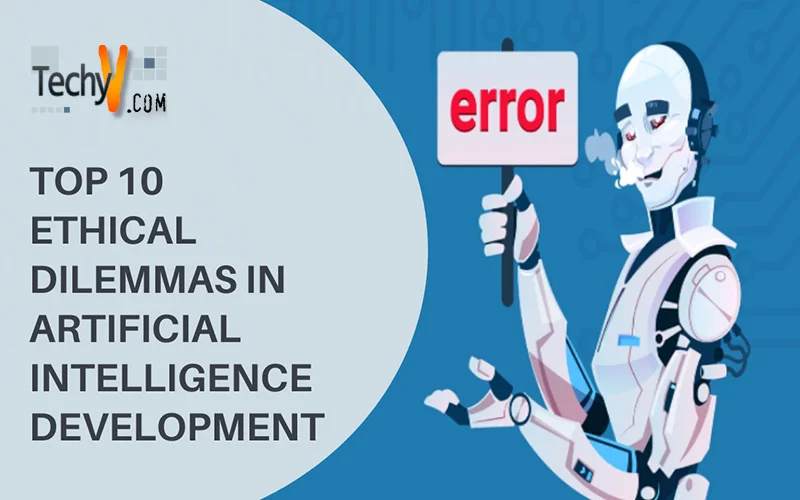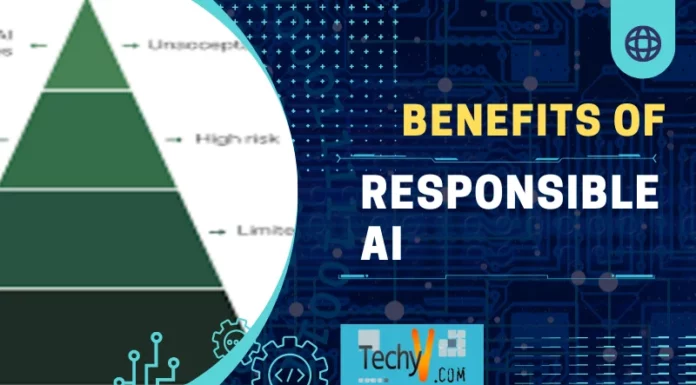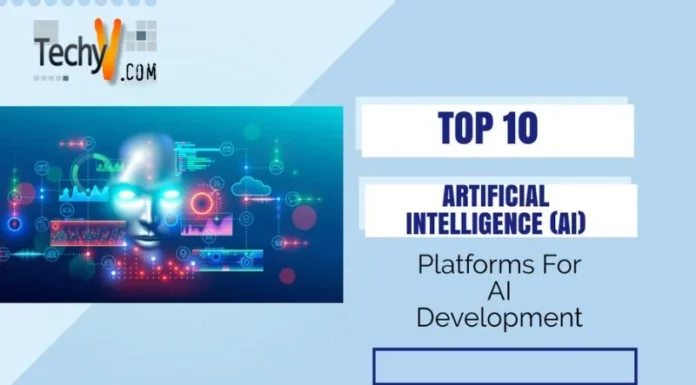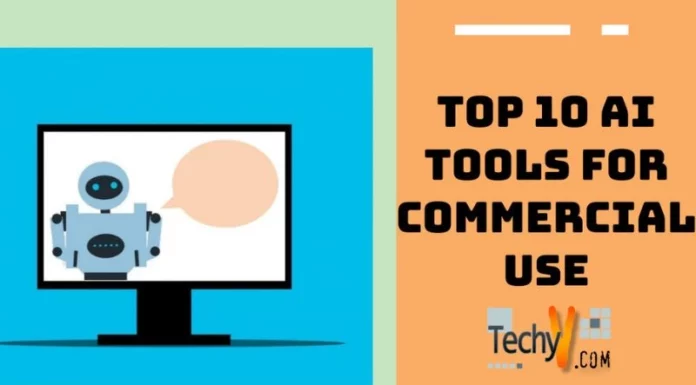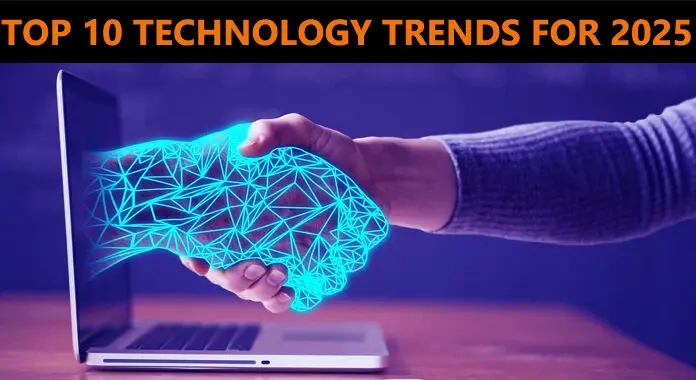Intelligent machine systems are improving our lives by enhancing logistics, finding fraud, creating art, performing research, and giving translations. Our world gets richer and more efficient as these technologies advance in capability. An ethical dilemma is a challenging scenario that calls for choosing between two solutions that don’t conform to the accepted moral code or cultural standards. As these autonomous programs make more and more judgments across a wide range of sectors, several problems regarding the evolution of artificial intelligence come to light. But can these mechanical judgments adhere to any specific ethics, and if so, which one? This article contains the Top 10 Ethical Dilemmas in Artificial Intelligence Development.
1. Inequality
The way the labor market is set up means that, depending on the system you are in, you get paid your salary or wages while you work. However, the necessity for human labor has drastically decreased since AI was developed since machines are now designed to perform tasks that humans are responsible for. Robots have rendered the term “dividend of labor” meaningless because they can perform the tasks of ten people while working quicker and more efficiently.
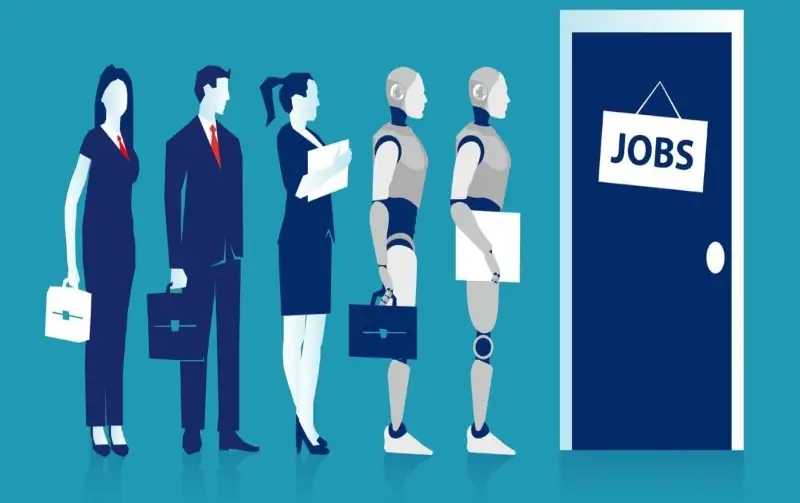
2. Mistakes Of Artificial Intelligence
Machines have been designed to follow particular instructions and guidelines. Therefore, regardless of how we look at it, they do not have a mind of their own. They are not thinking beings. Hence they are unable to make decisions on the spot. This will have an impact on their performance since they frequently make mistakes and are sometimes manipulable because they lack a moral sense.
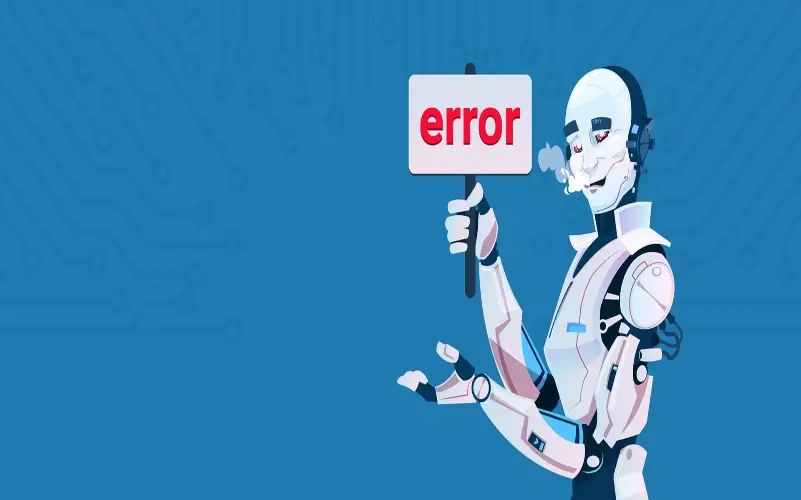
3. Singularity
Humans are at the top of the food hierarchy for just one reason: our brains and resourcefulness. Will there ever be a moment when machines will have an equal advantage over us in terms of control and intellect, and we won’t be in charge of things? All of these queries raise serious concerns.
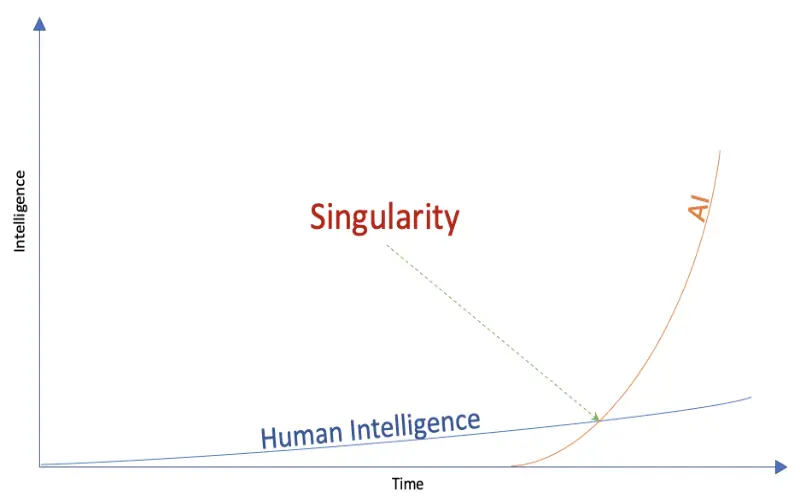
4. Robot Rights
The time has come to talk about robot rights as fresh steps are taken every day to attempt and make robots think and feel like people in the same way that animals are less than humans. Even though this has not been particularly successful, robot rights will eventually be a source of worry. Could we say that when a system produces a negative result, it is in pain? Where do we draw the line between acceptable and unacceptable treatment of robots? These are all issues that demand human thought.
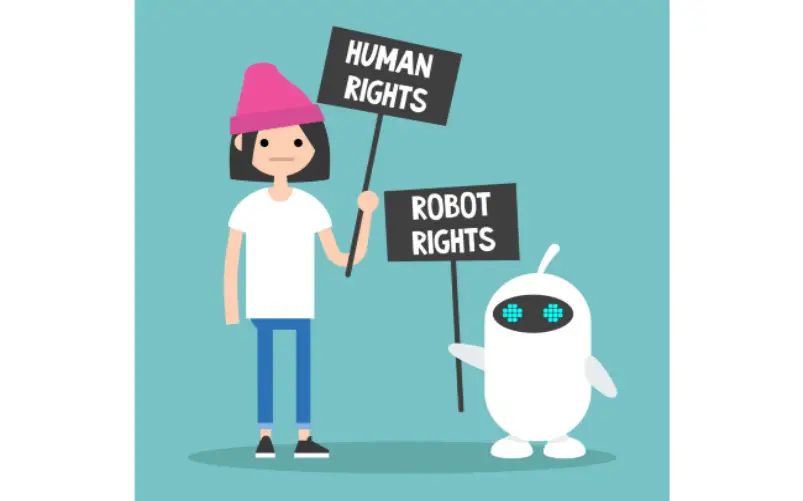
5. Privacy And Surveillance
As several internet spyware may be used to spy on people’s privacy without their agreement, the usage of artificial intelligence has curtailed people’s right to privacy. To run their intelligence agencies, governments deploy AI surveillance and face recognition, which violates people’s right to privacy.
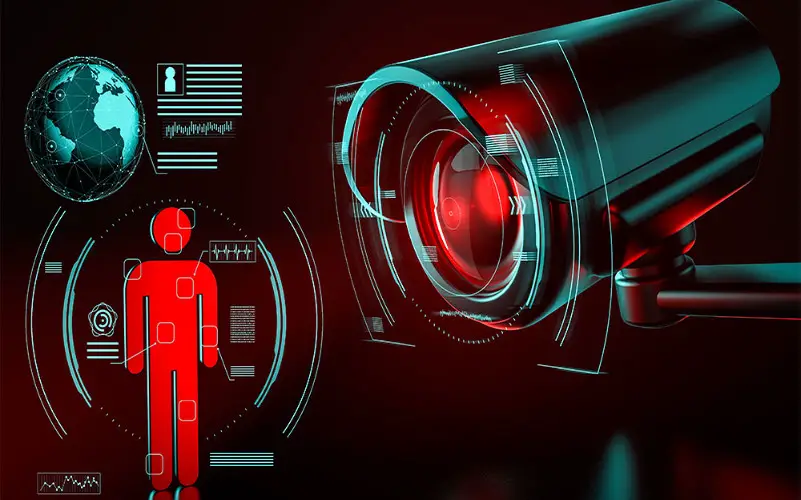
6. Misinformation/fake News
The majority of false information and fake news is spread online. “Deep fakes” refers to human photographs that have been cloned to seem and sound exactly like another person. This deep fake was only made feasible by the application of artificial intelligence, and as a result, people may be wrongfully implicated, which is doing more harm than good. It will require a specialist to recognize that the photographs or videos were cloned since the weird thing about these “deep fakes” is that they seem authentic.

7. Racist Robots/ AI Bias
People are the ones that code artificial intelligence, and people have their own moral, social, and religious prejudices. The use of AI may mistakenly or purposefully imbue this. AIs are designed to follow instructions accurately, thus, if caution is not utilized, they might be used as a tool for hate speech, racist commentary, and ethnic marginalisation.
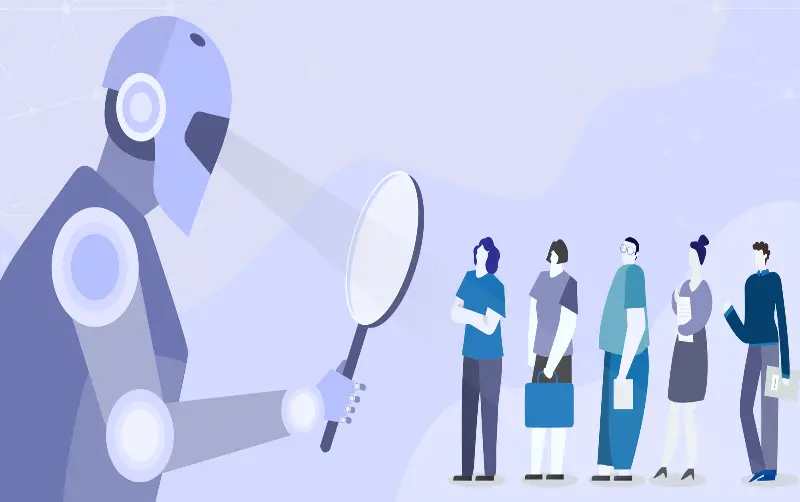
8. Security
How can we govern what is out there at a time when countries are developing nuclear weapons of mass destruction? To rescue and protect humanity, we need to make greater investments in cyber security, laws that will control hackers, and the use of WMDs. This is because we are fighting systems that are demonstrably, orders of magnitude, smarter and more competent than we are.

9. Unemployment
While we take advantage of AI’s benefits, let’s not overlook one of the main drawbacks, namely the rise in unemployment. To maintain a balanced economy, we must simultaneously find methods to automate occupations and increase the number of human jobs. What will human religion be like in the future when robots control the whole workforce?

10. Environmental Impact
Computers produce 17 times more carbon dioxide per year than the average person does. We must rethink our decisions in this period of rising awareness of climate change. Even though AI has been quite successful in tackling human issues, we still need to establish the proper priorities in that area.




